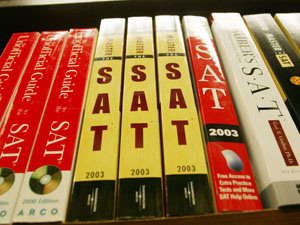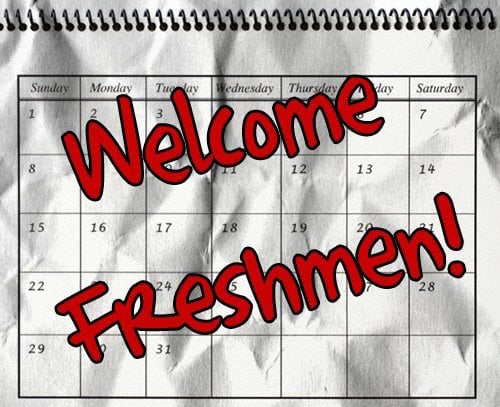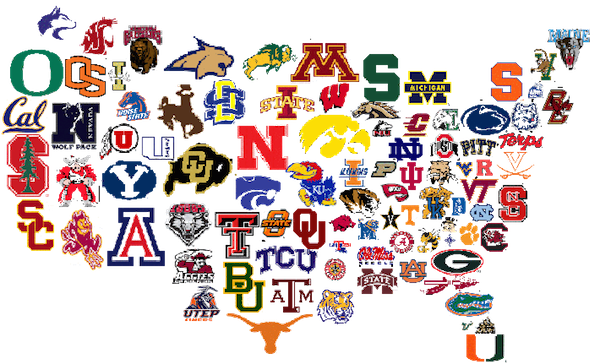Many colleges ask you to interview with an alum or admissions officer as part of the application process. This article has the full list of schools that require, recommend, or offer interviews, and it will give you some pointers on how to figure out your college's interview policy.
To start off, let's review the point of the college interview. Is your interviewer evaluating you, or is the meeting simply a chance for you to learn more about the school?
























